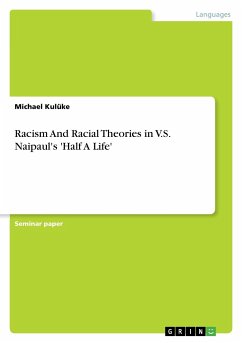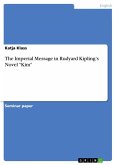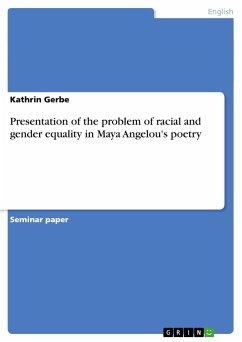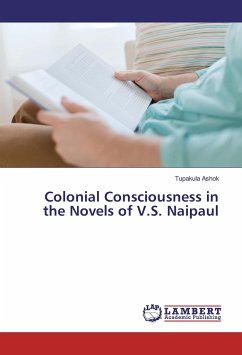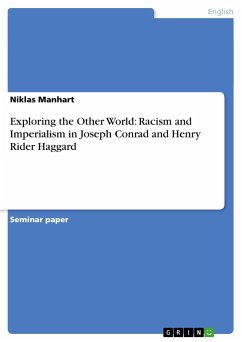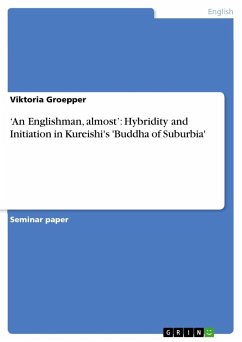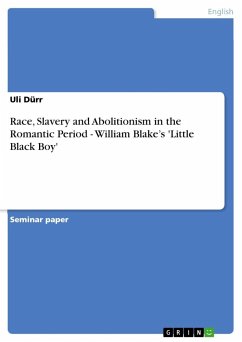Seminar paper from the year 2008 in the subject English - Literature, Works, grade: 2.7, University of Cologne (Englisches Seminar), course: Rootlessness and the self, language: English, abstract: Vidiadhar Surajprasad Naipaul was born on August, 17th 1932 in Chaguanas, a city in Trinidad and Tobago, as a descendant of a Indian immigrant to the country. Later on he lived in Port Of Spain with his family, where he attented The Queens College. Due to a scholarship, which he won, he was able to study in Oxford, England.After his studies he worked as an editor at the BBC for the "Carribbean Voices" project, and later on as an editor for various departments.His first novel was "This Mystic Masseur", a story which is later on meant sarcastical by most reviewers.With the possibility of viewing his own native origin from a wider distance, he put more and more detail in his works, which reflected happenings in post-colonial circumstances in mostly satirical ways. Naipaul begins to travel a lot in the 1960s, and processes his impressions within his novels, which are mostly fictional, but also partly autobiographic and in form of reports about his trips. The places where his stories take place are not bound to his personal origin, but to a various amount of global locations which appear to have been affected by international colonisation.His theories about post-colonial society and the struggling of the descendants in post-colonial environments were widely respected from the instant they were published, and some of the aspects his books were written about have been recognised as almost prophetical. He also investigates the social mechanisms between colonised societies and the former colonisers, which affect the people decades after the official end of superiority of the colonisers. Often neglected as a "travel reporter", his reports are far more content of academic and non-academic observations, which make his stories interesting for valuers of social sciences, and for people who just travel a lot.

